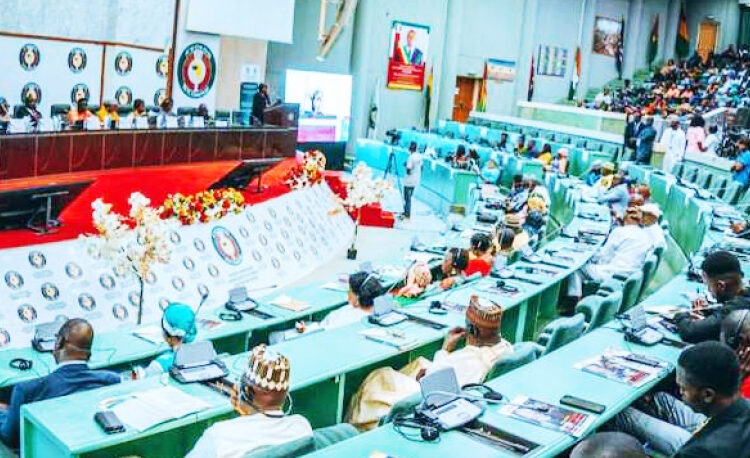The Economic Community of West African States (ECOWAS) has approved the design for the $15 billion Lagos-Abidjan corridor highway development project.
This milestone decision, aimed at deepening regional economic integration, was made during the 21st ministerial steering committee meeting in Lagos, Nigeria, chaired by Nigeria’s minister of Works, Dave Umahi.
Speaking about the progress of the project, Umahi highlighted that the Lagos-Abidjan highway initiative, which began in 2013, has received substantial funding from the African Development Bank (AfDB).
He noted that over the past 11 years, various phases of the project, including design, environmental impact assessments, and funding mechanisms, have been actively developed. The approval of the highway’s design marks a critical step toward moving the project into the procurement stage.
Umahi stated that, “The design of the project, ESIA design, conceptualisation, and funding mechanisms have been on in the past 11 years. As of today, we are going to listen to the committee of experts in terms of the design, and we believe that we will finalise and approve the design today. Then, we set the goal for procurement, probably in our next meeting.”
Ghana’s minister of Roads and Highways, Francis Boakye underscored the vital role of infrastructure, particularly roads, in driving socio-economic growth.
Boakye emphasised that well-developed highways can boost trade, tourism, and economic activities, drawing parallels with the United States’ economic boom and its reliance on a strong highway network.
Boakye also highlighted the strategic importance of the Lagos-Abidjan highway project in advancing West Africa’s regional economic integration, noting Ghana’s active participation as a sign of its commitment to fostering regional connectivity.
Once completed, the Lagos-Abidjan highway is expected to enhance trade, transportation, and regional collaboration across West African nations, benefiting millions of people and facilitating sustainable economic development.











